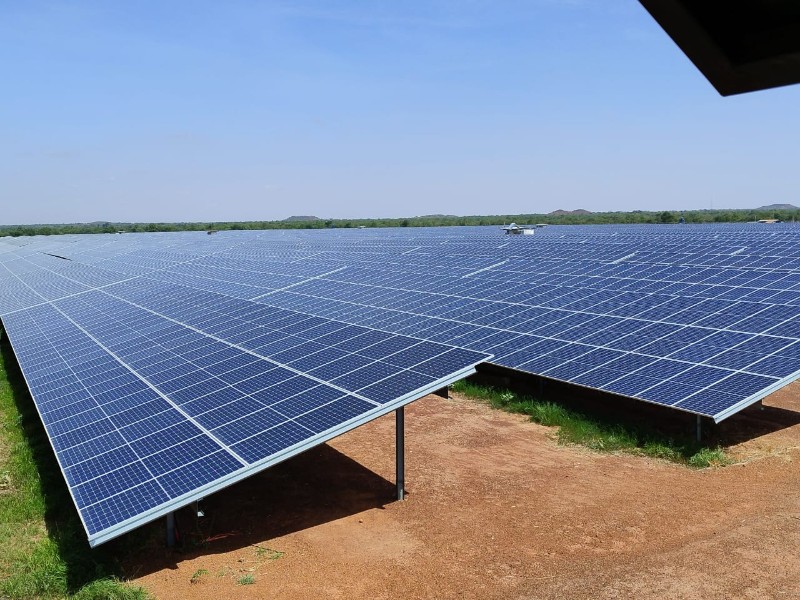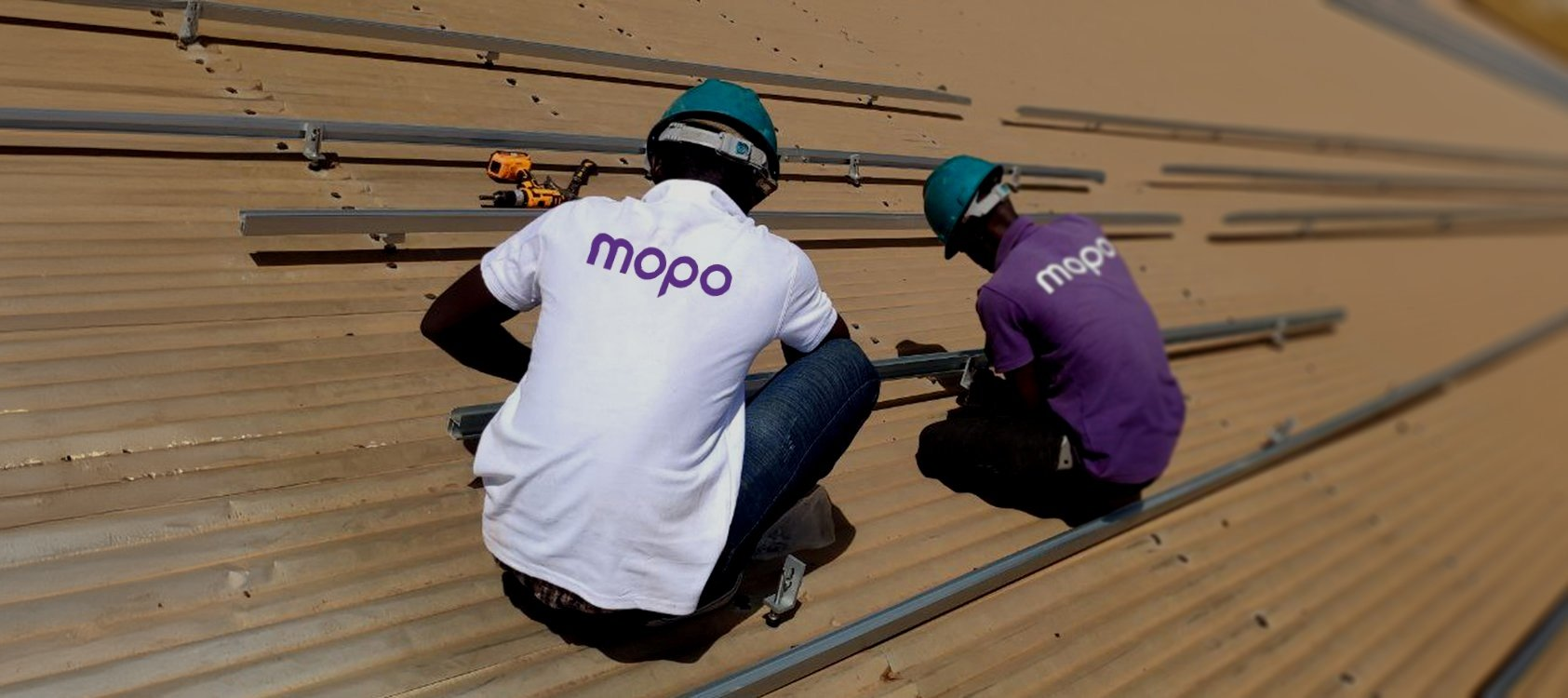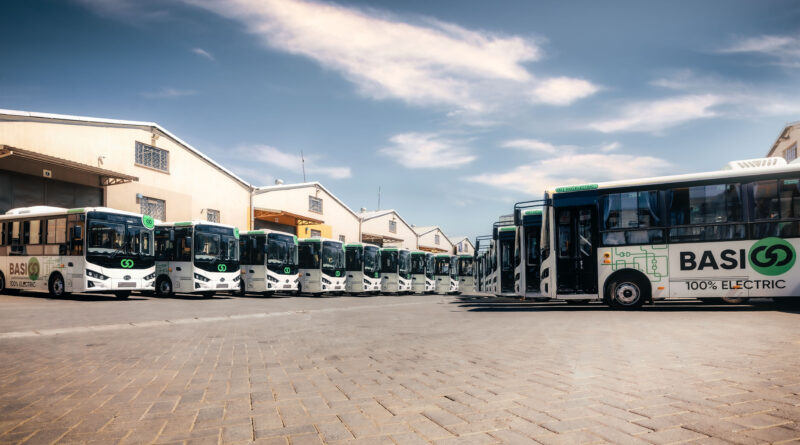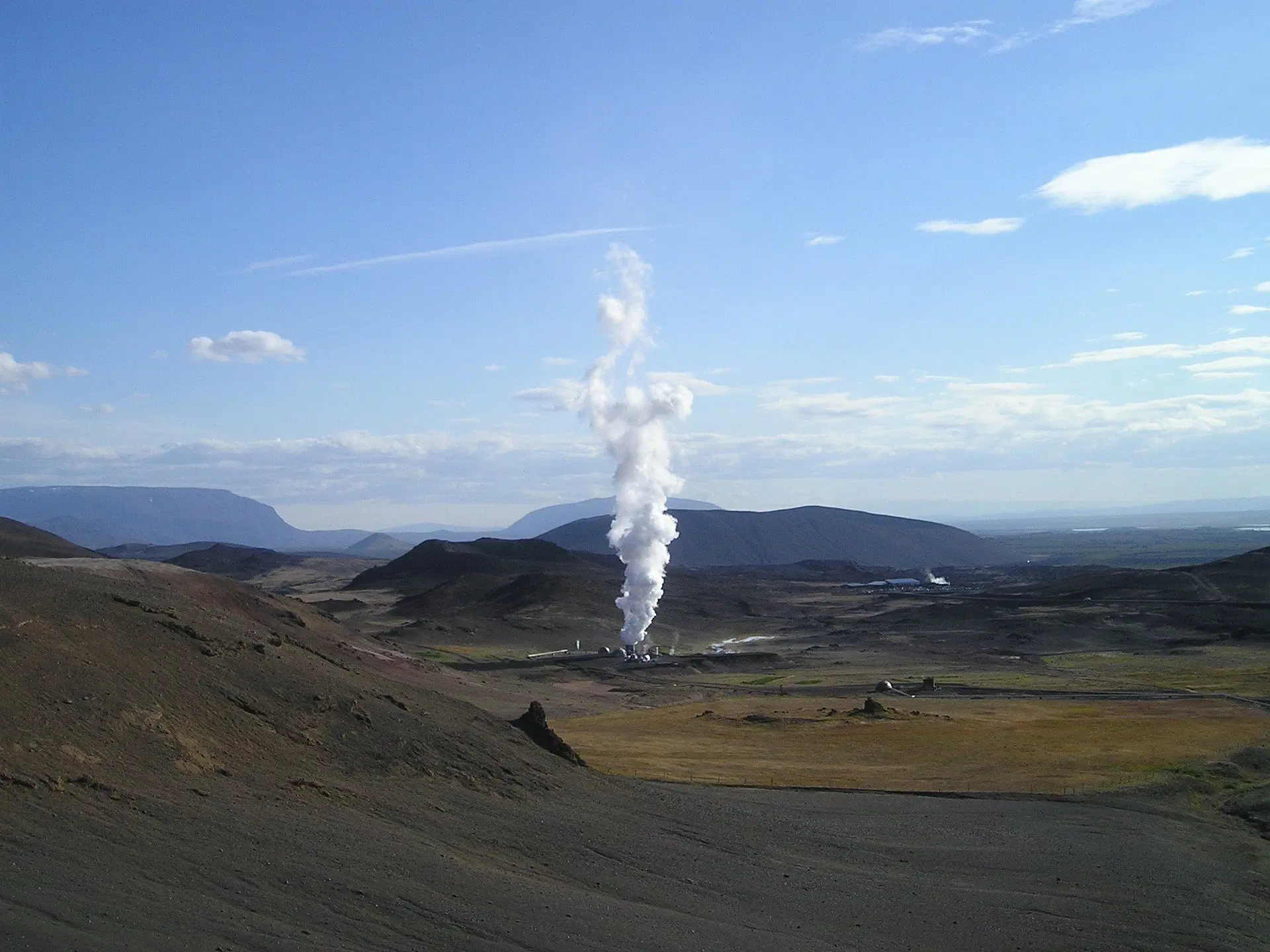Written By: By Jemosop Faith, Faith specializes in energy conversations, transforming complex discussions into accessible, everyday conversations, she is a writer at Africa Digest News backed by 2+ years of focused experience
Burkina Faso has launched a groundbreaking $145 million water security initiative, a bold six-year plan aimed at transforming the nation’s water infrastructure and ensuring long-term sustainability.
President Ibrahim Traoré’s ambitious project comes as a direct response to the escalating water crisis plaguing the country, a crisis exacerbated by climate change, rapid desertification, and unpredictable rainfall patterns. This initiative seeks to provide lasting solutions to water scarcity, impacting food security, agriculture, and overall economic stability.
Burkina Faso has grappled with severe water shortages, with over 80% of its population relying on agriculture and livestock for survival. The inconsistent access to water has rendered farming unpredictable and unsustainable, marked by prolonged dry seasons and erratic rainfall leading to devastating droughts or flash floods.
President Traoré’s leadership has emphasized self-reliance and the strengthening of national infrastructure, positioning this water security project as a decisive move to take control of the nation’s future.
The Council of Ministers approved the initiative last month, allocating $145 million to overhaul the country’s water resources. This substantial investment will be directed towards several key strategies, each critical to ensuring a stable and sustainable water supply.
Key Components of the Initiative:
- Revitalizing 35 Dams: Addressing the neglect and climate-related damage suffered by many dams, the project aims to rehabilitate 35 major dams, reinforcing their structures to prevent collapse, reduce water loss, and improve storage capacity. This will ensure consistent water access for farmers and urban centers, even during the driest months.
- Expanding and Modernizing Irrigation Systems: To mitigate the vulnerability of agriculture to droughts, the initiative will develop and restore 788 hectares of irrigated farmland, introducing modern irrigation techniques to boost productivity. This will enable year-round cultivation, enhancing food security and strengthening the national economy through increased agricultural exports.
- Replenishing 15 Key Water Reservoirs: Restoring 15 critical water reservoirs will ensure a continuous water supply for domestic use, livestock, and irrigation, reducing disruptions for farmers and herders and minimizing the risk of livestock losses and food shortages.
- Establishing 80 Community-Led Water Committees: Recognizing that infrastructure alone is insufficient, the initiative will establish 80 local water committees to ensure efficient water governance, empowering communities to take charge of their water resources.
- Developing 15 New Fish Ponds to Boost Aquaculture: Expanding aquaculture through the construction of 15 new fish ponds will provide affordable protein sources, create employment opportunities, and reduce reliance on imported fish.
- Restoring 5,000 Hectares of Degraded Land: Combating desertification, the project will restore 5,000 hectares of land, revitalizing soil fertility and enhancing biodiversity, thus strengthening environmental resilience.
- Constructing 175 km of Cattle Tracks: Facilitating livestock farming, the project will construct 175 km of dedicated cattle tracks, enabling herders to move their livestock efficiently and reducing conflicts with farmers.
- Establishing a National Water Fund: Ensuring long-term sustainability, a National Water Fund will be created to finance future water projects, maintain existing infrastructure, and support research and innovation in sustainable water management.
The project will be rolled out in eight key regions: Plateau Central, Center, Center South, Center East, Center West, Hauts Bassins, North, and Southwest, strategically selected based on their water scarcity levels, agricultural significance, and economic potential.
Despite its ambitious goals, the initiative faces several challenges:
- Sustainable Financing: Ensuring long-term funding for infrastructure maintenance is crucial. The National Water Fund will play a vital role in sustaining these efforts.
- Community Engagement and Ownership: Active participation from local communities in managing water resources is essential for the project’s success.
- Climate Change Adaptation: Integrating climate-smart agricultural practices and reforestation efforts is necessary to enhance resilience against extreme weather events.
- Infrastructure Maintenance and Oversight: Strong governance and monitoring mechanisms are critical to ensure the long-term functionality of the infrastructure.






